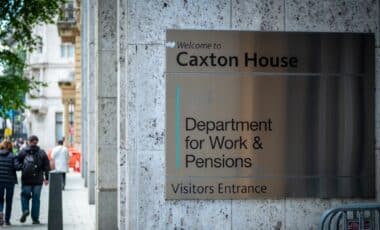In a bold and controversial statement, the International Monetary Fund (IMF) has urged governments to push older citizens to work longer, arguing that traditional retirement models are no longer financially sustainable. As reported by the Express, the IMF now claims that “70s are the new 50s”, citing new data that suggests older adults are healthier, stronger, and mentally sharper than previous generations.
According to the IMF, advances in medicine, education, and lifestyle mean that the average 70-year-old today has the cognitive and physical capabilities of a 50-year-old two decades ago. But behind the praise for sprightly pensioners lies a stark economic warning: countries can no longer afford to fund lengthy retirements in the face of soaring national debt and falling birth rates.
The Numbers Behind the Warning
The IMF’s report, based on health data from 41 countries, warns that shrinking workforces and ageing populations could reduce global economic growth by 1.1 percentage points annually until 2050. In the UK alone, the national debt now exceeds £2.8 trillion, and the birth rate has fallen to a record low of 1.44 children per woman, raising concerns about the long-term sustainability of public finances.
To counteract this, the IMF recommends that governments:
- Raise the state pension age
- Reduce early retirement incentives
- Offer tax breaks and other incentives to keep older people in work
Singapore was held up as a model nation, thanks to its policies promoting healthy ageing and community support, which have pushed its life expectancy rankings from 90th to 1st globally.
Divided Reactions and Social Inequality Concerns
While the IMF’s proposals may appear pragmatic from a fiscal standpoint, critics argue they risk exacerbating inequality, especially for those in manual or lower-income jobs who may not enjoy the same health benefits as wealthier counterparts. For many workers already dealing with physical wear and tear, the idea of working well into their 70s may seem not like a second chance, but a forced extension of hardship.
The IMF’s report highlights the growing divide between those who can afford to enjoy retirement and those who may be compelled to work longer out of economic necessity.









